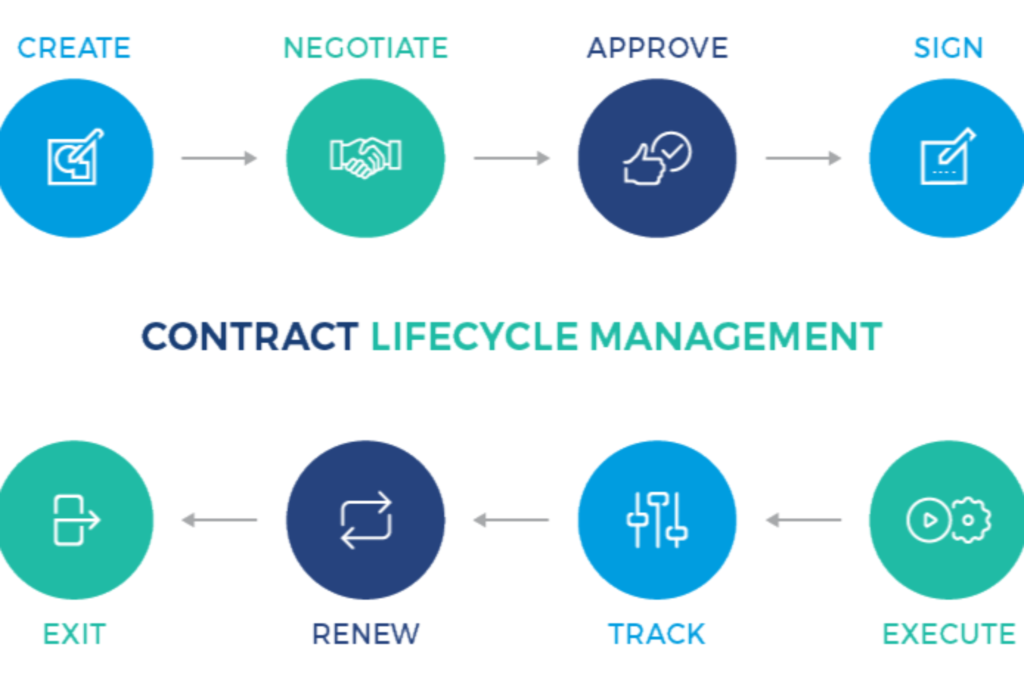The Diverse Role of an In-House Lawyer: More Than Just Legal Advice

When we think of lawyers, we often picture courtrooms and legal battles. However, the role of an in-house lawyer is vastly different and multifaceted. In this blog post, we’ll explore the diverse responsibilities of in-house lawyers and how they are integral to the success of any corporation.
What is an In-House Lawyer? An in-house lawyer, also known as a corporate lawyer, is employed by a company to handle a variety of legal issues. Unlike law firm attorneys who have multiple clients, in-house lawyers focus solely on the legal needs of the organization they work for.
Key Responsibilities of an In-House Lawyer:
- Legal Compliance and Risk Management: Ensuring that the company complies with all applicable laws and regulations is a core responsibility. This involves staying updated with legal changes and implementing strategies to mitigate risks.
- Contract Negotiation and Management: In-house lawyers play a crucial role in drafting, reviewing, and negotiating contracts with clients, suppliers, and partners. They ensure that contracts are legally sound and align with the company’s interests.
- Intellectual Property Management: Protecting the company’s intellectual property (IP), including patents, trademarks, and copyrights, is essential. In-house lawyers manage IP portfolios and handle any infringement issues.
- Dispute Resolution: They often handle disputes before they escalate to litigation. This can involve negotiating settlements or resolving conflicts through alternative dispute resolution methods.
- Corporate Governance: In-house lawyers advise on corporate governance policies, ensuring that the company adheres to legal and ethical standards in its operations.
- Strategic Business Planning: Beyond legal advice, they often participate in strategic planning, offering insights on legal implications of business decisions.
The Evolving Role in the Digital Age: With the digital transformation, in-house lawyers are also becoming key players in areas like data privacy, cyber law, and e-commerce regulations.
Conclusion: The role of an in-house lawyer is diverse and dynamic. They are not just legal advisors but are strategic partners in the business, playing a crucial role in guiding the company through a complex legal landscape.





